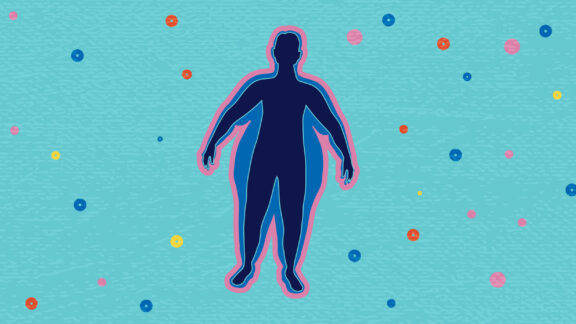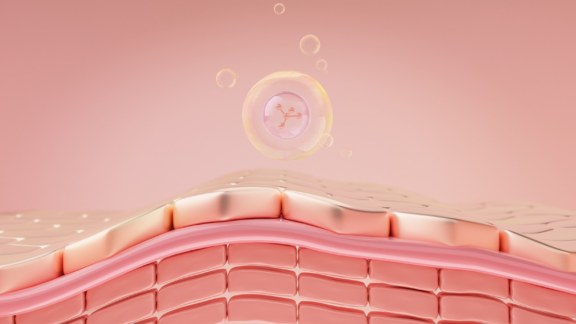Biochemist Kai Simons contributed to the understanding of the interaction between viruses and host cells and of the function and organization of cell membranes. The German National Academy of Sciences Leopoldina has honored him with the Cothenius Medal for his outstanding scientific achievements. The award will be presented to Kai Simons at the Leopoldina Annual Meeting on Thursday, September 25, 2025, in Halle (Saale).
Prof. Dr. Kai Simons (born 1938) has made pioneering contributions to biochemistry and cell biology, focusing on the structure and function of cell membranes. His work has revolutionized our understanding of viral mechanisms, membrane organization, and lipid metabolism, with profound implications for public health.
Dr. Simons began his career in Helsinki, where he used the Semliki Forest Virus (SFV) as a model to study cell membranes. This virus, with its simple lipid bilayer and single spike protein, enabled him to elucidate how detergents solubilize membranes, a breakthrough that supported the development of efficient protein subunit vaccines. His team was the first to demonstrate how SFV enters host cells via clathrin-coated vesicles and escapes endosomes by triggering membrane fusion at low pH, a mechanism still relevant for understanding enveloped viruses like coronaviruses. He also showed how SFV assembles its envelope by selectively incorporating viral proteins, a discovery that influenced virology and cell biology.
At the European Molecular Biology Laboratory (EMBL) in Heidelberg, Dr. Simons shifted his focus to cell surface polarity and lipid sorting in epithelial cells, leading to the discovery of the lipid raft concept. Lipid rafts, dynamic microdomains enriched in sphingolipids and cholesterol, organize membrane bioactivity and play critical roles in signaling, trafficking, and disease processes. He linked lipid raft dysfunction to diseases such as Alzheimer’s and cancer, highlighting their potential as therapeutic targets. Dr. Simons also pioneered lipidomics, applying advanced mass spectrometry methods to study lipid diversity and function. His work identified lipid biomarkers for metabolic disorders, cardiovascular diseases, and diabetes, supporting early diagnosis and personalized interventions. These applications have filled a critical gap in public health by providing tools for targeted therapies.
Dr. Simons’ groundbreaking research continues to inspire innovations in vaccine development, diagnostics, and therapies, shaping modern biology and public health.
Simons is a member of numerous professional societies and academies, such as EMBO, the National Academy of Sciences (USA), and Academia Europaea. In 1999, he was elected to the Leopoldina. He has also been honored with numerous awards and medals, including the Leopoldina’s Schleiden Medal in 2001 and the Robert Koch Foundation’s Robert Koch Medal in Gold in 2016.
The Cothenius Medal dates back to a foundation established by Leopoldina member and personal physician to Prussian King Frederick II, Christian Andreas von Cothenius (1708–1789). It was awarded for the first time in 1792. Initially, the award winners were honored for their work on medical research issues. Since 1954, the Leopoldina has awarded the Cothenius Medals for
outstanding scientific lifetime achievement. As a rule, the awards are presented to members of the academy. Recipients include the physician and zoologist Ernst Haeckel (1864) and Konrad Zuse (1985), the developer of the first computer.
About the German National Academy of Sciences Leopoldina
As the national academy of sciences, the Leopoldina provides independent, science-based policy advice on socially relevant issues. For this purpose, the academy develops interdisciplinary statements based on scientific findings. These publications outline options for action, leaving the decision-making to democratically legitimized politicians. The experts who draft the statements work on a voluntary basis and are open to any outcome. The Leopoldina represents German science in international committees, including providing science-based advice to the annual G7 and G20 summits. It has around 1,700 members from more than 30 countries and brings together expertise from almost all areas of research. It was founded in 1652 and designated the National Academy of Sciences of Germany in 2008. As an independent science academy, the Leopoldina is committed to the common good.
Resources
1 – Press Release of the Leopoldina in German
2 – Press Release of the Max Planck Institute for Cell Biology and Genetics in English





